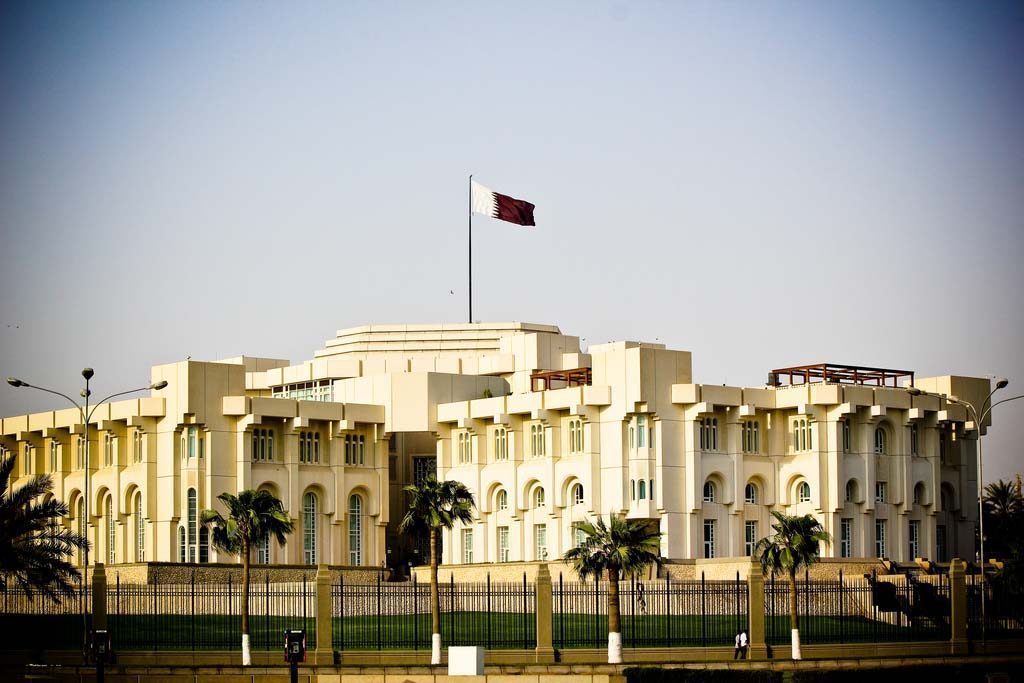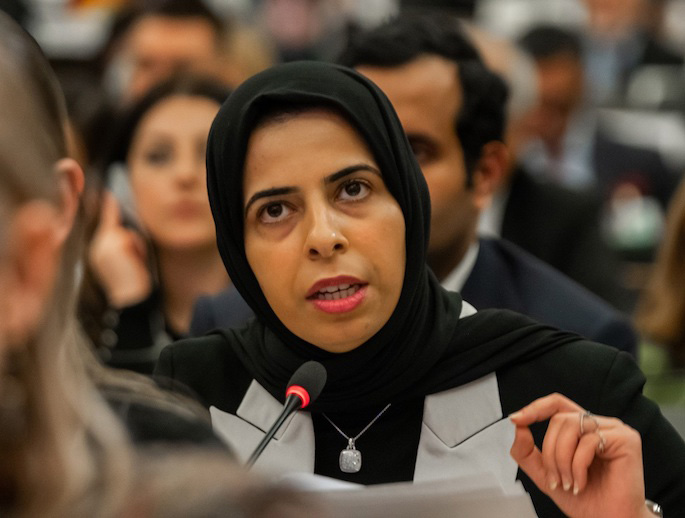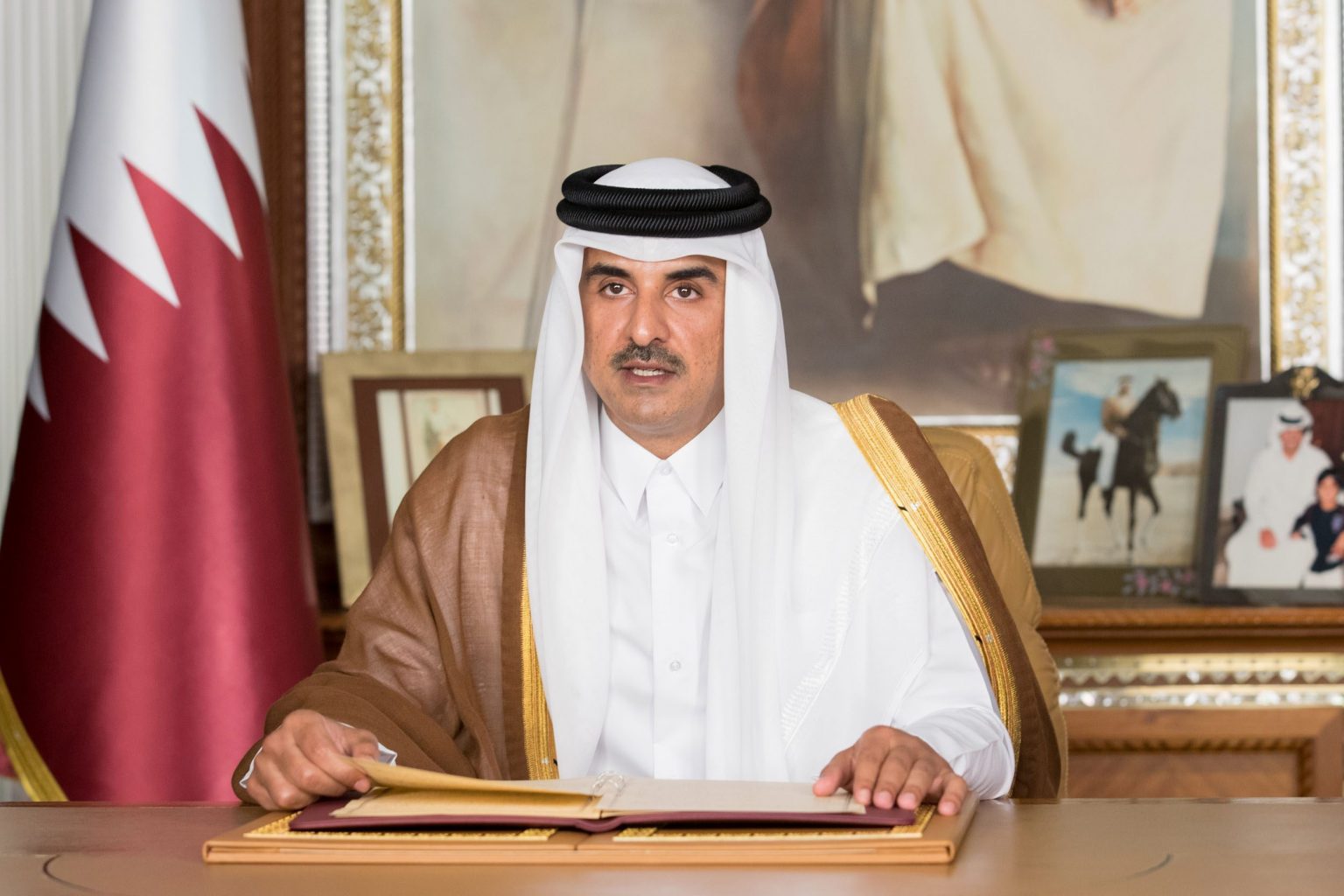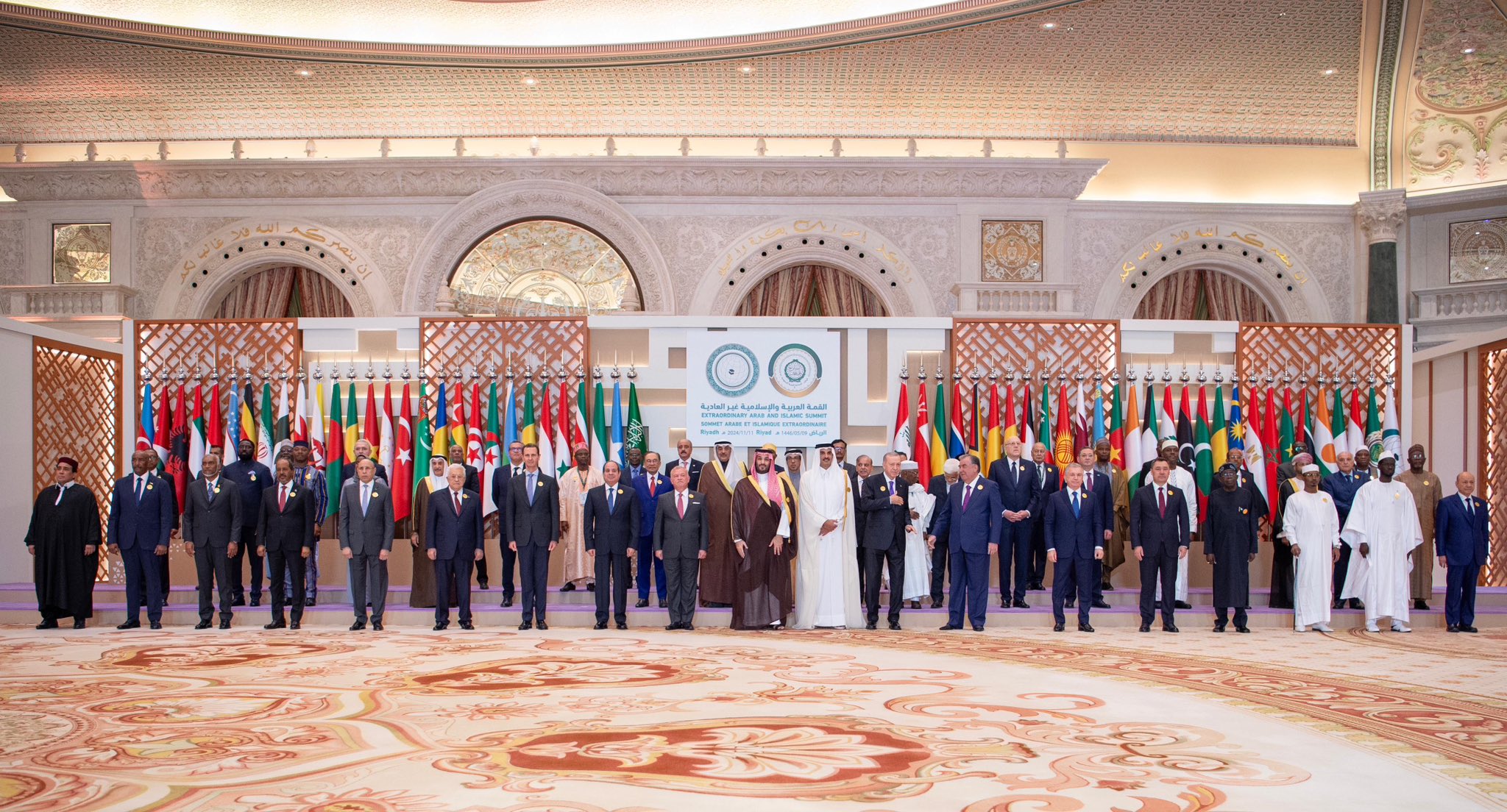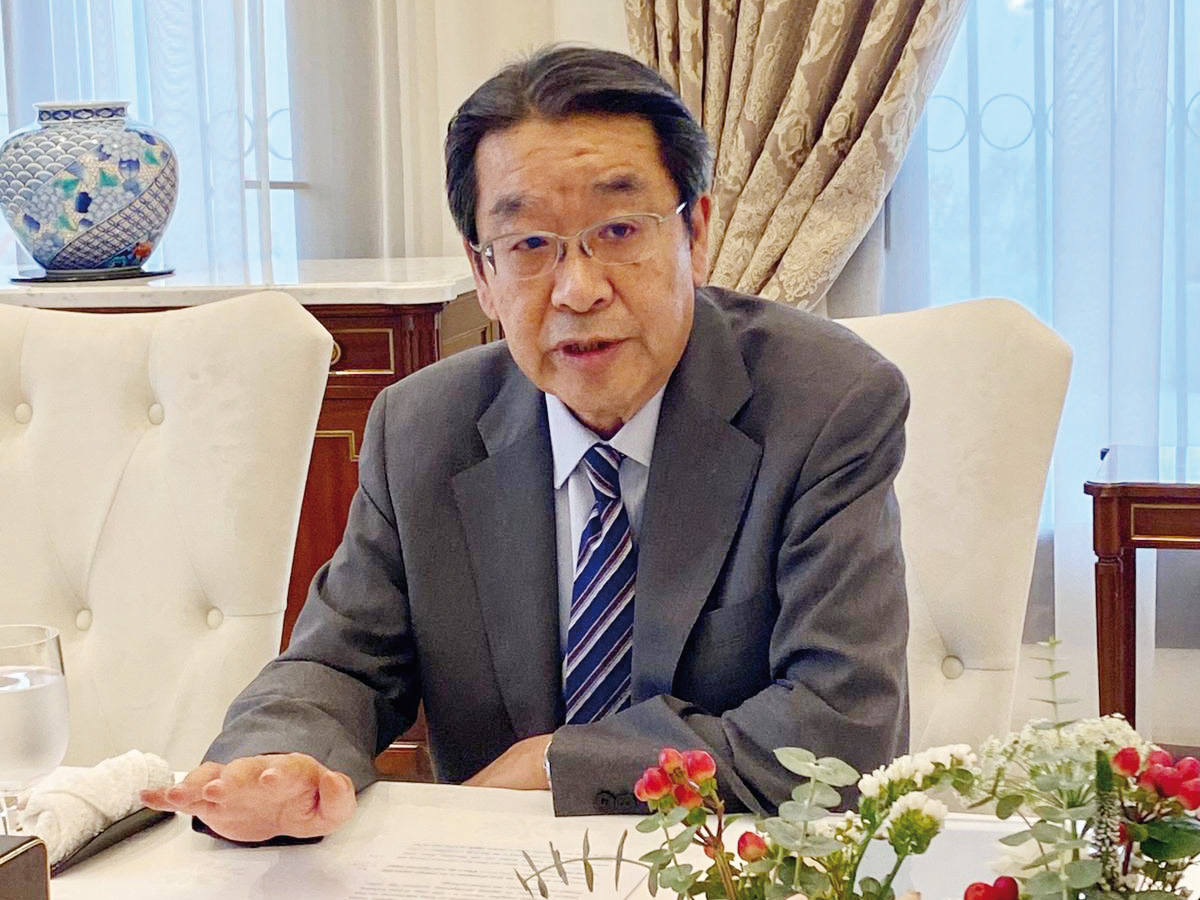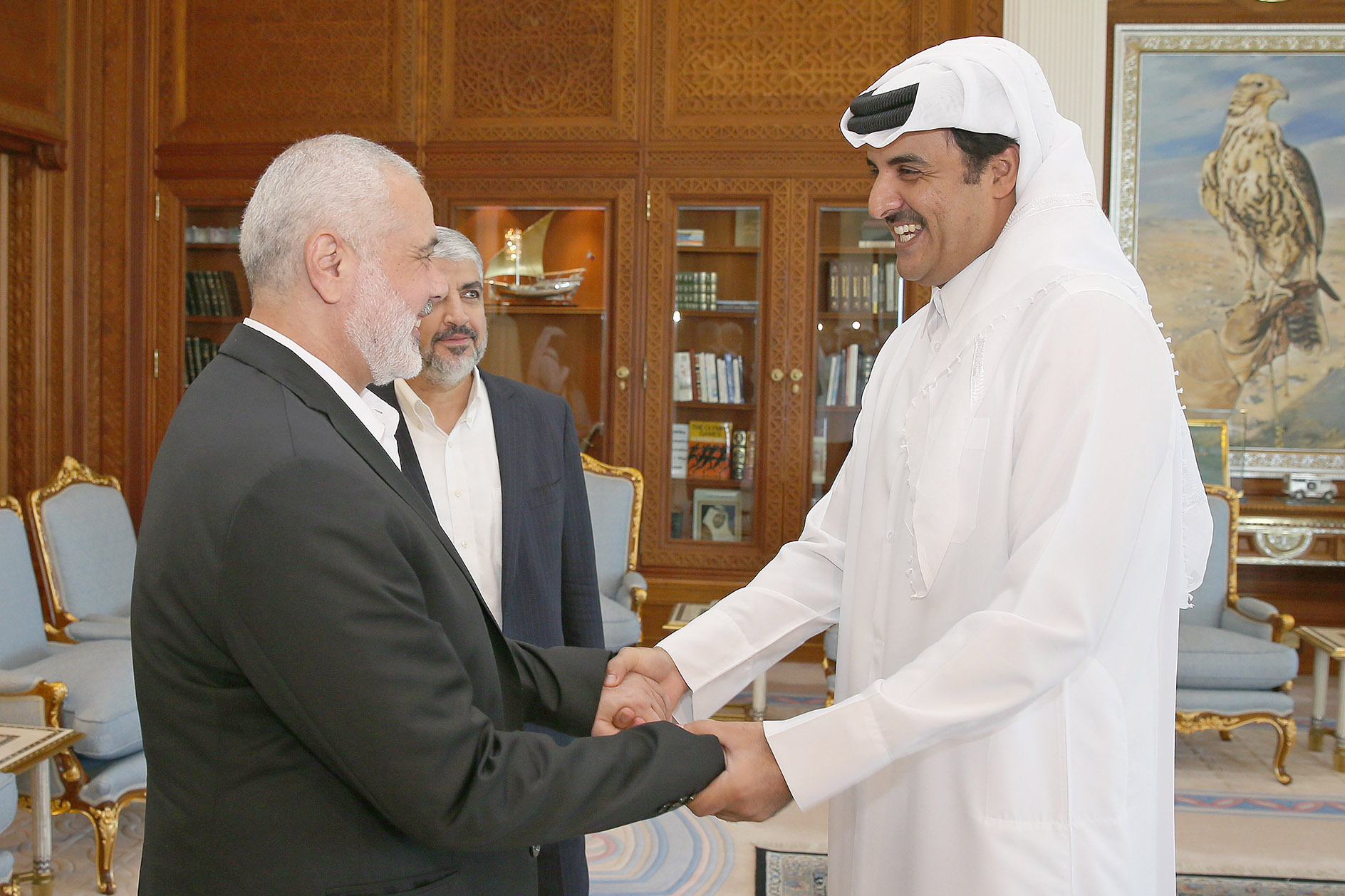
Qatar’s Emir has signed off on legislation that gives more financial authority and independence to the State Audit Bureau, QNA reports.
Law No. 11 of 2016 was enacted yesterday, a few months after the Advisory Council approved a draft bill that increased scrutiny on public money.
The audit bureau already reports directly to the Emir.
Its mandate includes examining the finances of ministries, banks and organizations substantially funded by the government, as well as state joint ventures with foreign agencies.
Transparency
But according to Law No. 4 of 1995, it can only recommend – and not issue – punishments based on its findings.
In a new change, however, the audit bureau can now publish parts of its findings, provided confidential information is removed, Al Sharq reports.
Previously, it was prohibited from sharing its results with the public or media, even if it uncovered embezzling of public funds or waste of government money.
The goal of this would be to increase transparency and discourage companies and entities from breaking the law.
Advisory Council
Also yesterday, the Emir decreed that the Advisory Council will begin its 45th Ordinary Session on Nov. 1.
In Qatar, no laws can be enacted without first being discussed by the influential body, one of the country’s two legislative wings.
All of its members are currently appointed by the Emir, though half of the 30 representatives should technically be elected.

However, this summer the Emir renewed the council’s mandate for another three years.
This effectively postpones legislative elections until at least 2019 – something that most Qataris are ok with, according to some officials.
Speaking in London earlier this month, former Prime Minister and Foreign Minister Sheikh Hamad bin Jassim Al Thani had this to say about elections:
https://twitter.com/Aakash_Jay/status/789171749543784448
Thoughts?

